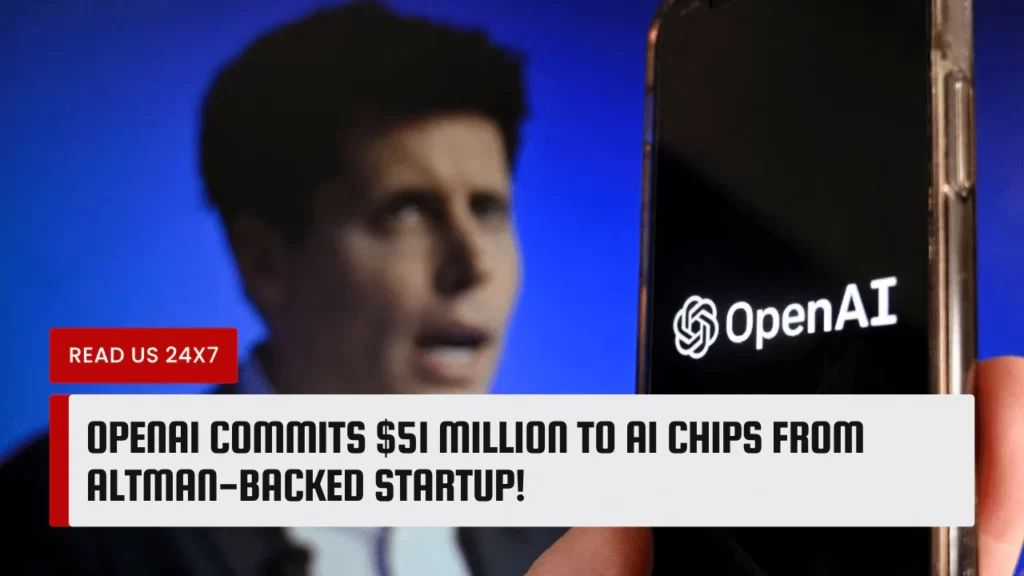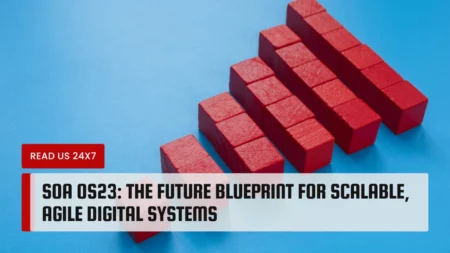OpenAI, the artificial intelligence research organization, has invested $51 million in a new AI chip startup backed by its former CEO Sam Altman. The deal is part of a larger funding round for Rain AI, a company that aims to create affordable and efficient AI chips for various applications. The investment comes amid fierce competition in the AI chip market, as well as some controversies surrounding the partnership between OpenAI and Rain AI.
OpenAI’s Investment in CEO Sam Altman-Backed AI Chip Startup
According to a press release, OpenAI has committed $51 million to Rain AI, a startup that is developing a new AI chip architecture that can handle both training and inference workloads. Rain AI claims that its chips can deliver up to 10 times the performance per watt of existing solutions, while reducing the cost and complexity of AI hardware.
Rain AI was founded by Sam Altman, the former CEO of OpenAI, who left the organization in November 2023 after a brief and turbulent tenure. Altman is also the co-founder and chairman of Y Combinator, a prominent startup accelerator and venture capital firm. Altman has personally invested in Rain AI, along with other notable investors such as Microsoft, SoftBank, and Saudi Arabia’s Public Investment Fund (PIF).
The Battle for Affordable AI Chips
The investment by OpenAI reflects the importance of affordable and efficient AI chips for the advancement of artificial intelligence. AI chips are specialized processors that can perform complex mathematical operations at high speed and low power consumption, enabling faster and more scalable AI applications. AI chips are essential for running large-scale AI models, such as ChatGPT, the natural language generation system developed by OpenAI.
However, AI chips are also expensive and scarce, as the demand for them is greater than the supply. The global leader in the AI chip market is Nvidia, which sells high-end GPUs that can cost thousands of dollars each. Nvidia also charges a premium for its products, as it has a dominant position in the market. Other competitors, such as Intel, AMD, Google, and Amazon, are also developing their own AI chips, but none have been able to match Nvidia’s performance and market share.
Implications of OpenAI’s Investment
The investment by OpenAI in Rain AI could have significant implications for the future of AI development. By supporting a new AI chip startup, OpenAI could potentially reduce its dependence on Nvidia and other existing vendors, and gain more control and flexibility over its hardware infrastructure. This could enable OpenAI to scale up its AI research and deployment and achieve its vision of creating artificial general intelligence (AGI), a level of AI that can perform any intellectual task that a human can.
Moreover, the investment by OpenAI could also spur technological innovations in the AI chip industry, as Rain AI promises to deliver a breakthrough in AI chip design and performance. Rain AI claims that its chips can support both training and inference workloads, which are usually handled by different types of processors. Rain AI also claims that its chips can adapt to different AI models and tasks, without requiring manual tuning or reprogramming. These features could make AI chips more accessible and versatile for a wide range of AI applications.
Controversies Surrounding the Deal
However, the investment by OpenAI in Rain AI has also raised some controversies and criticisms, especially regarding the involvement of Sam Altman. Altman, who was fired from OpenAI in November 2023, has been accused of being dishonest and secretive with the board of the organization, and of pursuing his own personal interests at the expense of OpenAI’s mission and values. Some sources have alleged that Altman was working on Rain AI while he was still the CEO of OpenAI and that he used his position and influence to secure the investment from OpenAI.
Additionally, some critics have questioned the ethics and transparency of the partnership between OpenAI and Rain AI, given the potential conflicts of interest and the lack of oversight. Some have argued that OpenAI, which is supposed to be a nonprofit and public-benefit organization, should not invest in a for-profit and privately-owned company, especially one that is backed by controversial investors such as PIF, which has been linked to human rights violations and the murder of journalist Jamal Khashoggi. Some have also expressed concerns about the safety and accountability of the AI chips developed by Rain AI, and the possible misuse or abuse of the technology by malicious actors.
The investment by OpenAI in Rain AI is a bold and risky move that could have a major impact on the AI landscape. While the deal could offer significant benefits and opportunities for both parties, it could also pose serious challenges and dangers for the AI community and society at large. The deal also highlights the complex and contentious issues that surround the development and governance of artificial intelligence, and the need for more dialogue and collaboration among the stakeholders.








